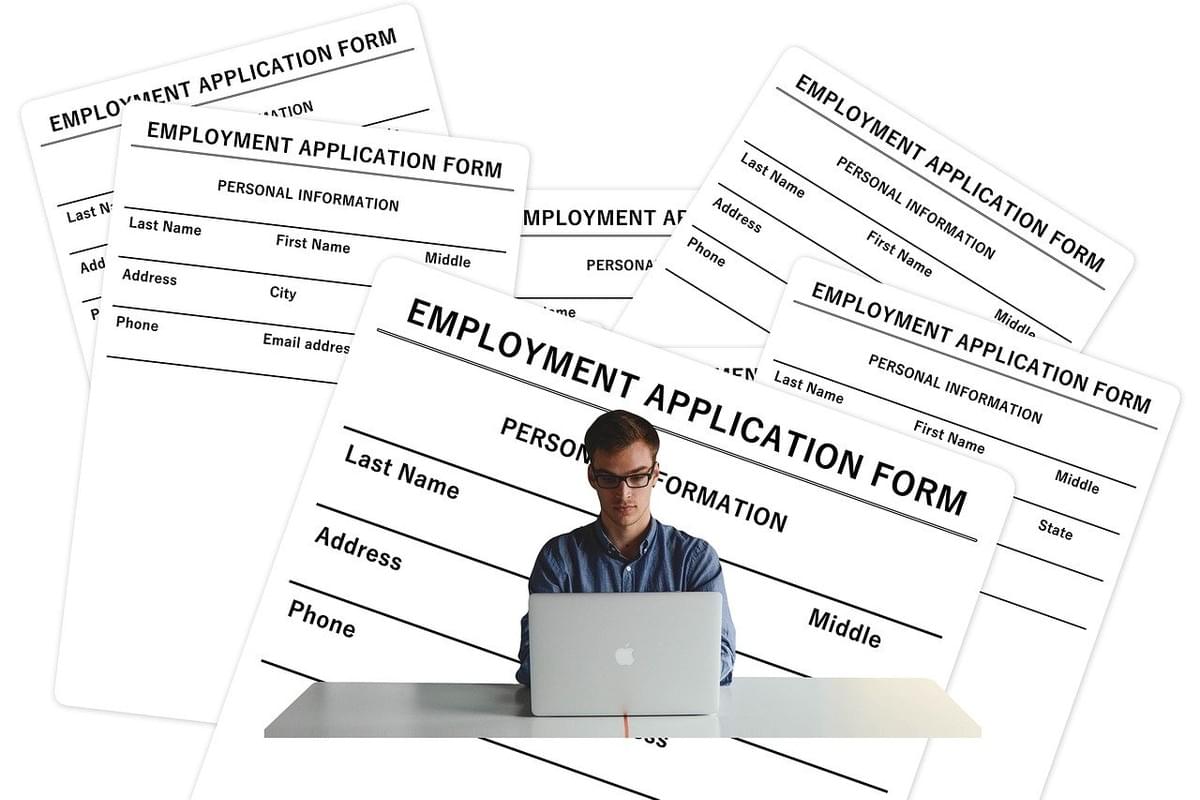How to Get Job Opportunities with No Experience (Beginner Guide)
How to Get Job Opportunities with No Experience (Beginner Guide)
Learn practical steps to land your first tech job with no experience. Build a portfolio, gain key skills, and break into product management or software development.

Hey there! If you’re reading this, you’re probably wondering: How on earth can I get a job when every listing says “2+ years of experience required”… and I’ve got none?
First of all — take a deep breath. You’re not alone. We’ve all been in that scary place of trying to break into something new. I want you to know it’s possible. And in this guide, we’ll show you practical steps you can take to land opportunities in fields like product management, product marketing, software development, or product design, even if your resume is basically a blank page.
Let’s dive in.
1. Shift Your Mindset: Experience Isn’t Always What You Think
Here’s a secret: experience doesn’t have to mean a fancy job title or a 9-5 role. It can be a side project, a volunteer gig, or even a school assignment you took seriously. If you built a small app for fun or designed a website for a friend, that counts. Companies love to see initiative — it shows passion, grit, and curiosity.
2. Build a Portfolio with Real Projects
Especially in software development or product design, a portfolio can open doors even faster than a CV. Can’t find a job yet? Make your own work.
- Interested in product management? Build a roadmap for a made-up product.
- Want to do software development? Create a small tool or contribute to an open-source project on GitHub.
- Thinking about product marketing? Draft a go-to-market plan for a startup idea.
- Love product design? Redesign the app you hate using most — and explain why you made those changes.
These projects show your ability to think critically and execute ideas, which employers value just as much as years of experience.
3. Learn In-Demand Skills (and Prove Them)
The tech industry moves fast — what you lack in experience, you can make up for in up-to-date skills. Take free or affordable courses on platforms like Coursera, Hackademia.
Focus on skills employers actually want today, like:
- Agile methodologies (for product management)
- SQL, Python, or JavaScript (for software development)
- Figma or Adobe XD (for product design)
- SEO, copywriting, and data analysis (for product marketing)
And don’t just list them — use them in your portfolio.
4. Leverage Internships, Volunteering, and Freelance Work
I know it can feel discouraging when you’re not getting callbacks for full-time roles. But short-term gigs can be gold. Consider:
- Internships — even unpaid, if you can afford it
- Volunteering for Top Professionals (it doesn’t have to be a company, someone with a project would do), NGOs or local businesses
- Freelance projects on sites like Upwork or Fiverr
They give you tangible projects to talk about in interviews — and sometimes lead to permanent offers.
5. Network Like Your Career Depends On It (Because It Does)
I get it: networking can feel awkward. But relationships are often what separates applicants who get ghosted from those who get interviews.
Here’s what worked for me:
- Connect with people on LinkedIn who have jobs you dream of.
- Send genuine messages asking for advice, not jobs.
- Attend free webinars or meetups in your industry.
- Share your learning journey on social media — it makes people root for you.
You don’t need a giant network; you just need a few people who see your potential.
6. Tailor Your Resume to Show Transferable Skills
Even if your previous jobs seem unrelated, focus on skills like:
- Communication
- Problem-solving
- Leadership
- Project management
For example, if you led a campus club, highlight how you organized events (project management) or grew membership (marketing). Frame everything through the lens of what employers in tech need.
7. Apply Strategically (Quality Over Quantity)
When you don’t have experience, a shotgun approach rarely works. Instead:
- Research companies and tailor your application
- Write a personal, heartfelt cover letter
- Emphasize your enthusiasm to learn
- Be honest — don’t fake experience, but highlight your drive
8. Prepare to Sell Yourself in Interviews
When you land that interview (and you will!), be ready to tell stories about what you’ve done — even if it’s a personal project. Talk about challenges, what you learned, and how it relates to the role. Remember: hiring managers don’t expect perfection from beginners; they want someone hungry to grow.
You Deserve a Seat at the Table
I know it feels intimidating to go for jobs in product management, software development, or other tech fields when you feel like a complete newbie. But every expert you admire once started where you are now — clueless, overwhelmed, and worried they weren’t good enough.
What sets successful people apart is that they start anyway.
So take the first step today — build something, learn something, reach out to someone. Your dream job isn’t waiting for you to have 5 years of experience. It’s waiting for you to show up.
You’ve got this. 🚀


